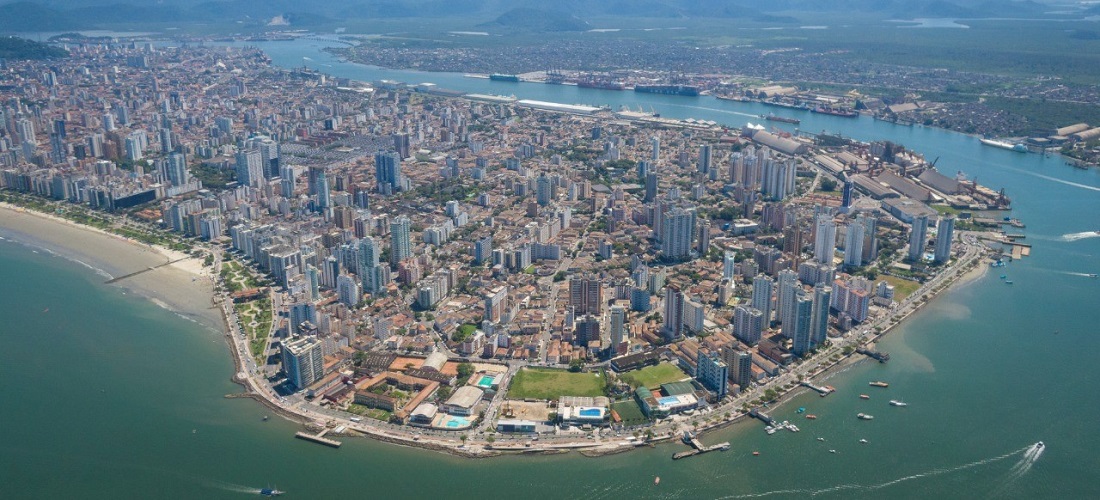
Upcoming Lula administration wants private rail partnerships to leverage operations at the country’s ports
Dec, 28, 2022 Posted by Gabriel MalheirosWeek 202252
The railway sector, regarded as a pillar of national logistics in its pursuit of new cargo throughput records, should receive full attention from the incoming Luiz Inacio Lula da Silva administration. The goal is to establish Public-Private Partnerships (PPPs) on railroads in the hopes of attracting more public funds. This idea is supported by infrastructure experts working on the government transition.
Former minister of Ports, former secretary of the growth acceleration program PAC, and current member of the transition group, Mauricio Muniz, argued that it is necessary to design more alternatives to enhance railway use in Brazil. PPPs under the terms of the law, with financial compensation from the Union, and the formation of Specific Purpose Entities (SPEs) with state participation to build and operate railroads are among the options.
Despite similar attempts in the former administrations of then-presidents FHC, Lula, Dilma, Temer, and Bolsonaro, Brazil still has a low share of railroad use in transporting cargo. With Bolsonaro, the Ministry of Infrastructure bet on early renewals of concession contracts, new projects, and railway authorizations.
In the case of authorizations, for example, a measure approved by the Brazilian Congress last year, companies obtain approval from public authorities to build a private railroad at their own risk. So far, 32 have been signed, with BRL 149 billion invested, according to government data.
The government transition team that this strategy may work for short rail stretches, which connect, for example, a factory to a main track, but not for long distances that require a larger amount of investments. They fear that part of these contracts could remain only speculative, given the insufficient capital many of the companies have.
In response to this scenario, Muniz argues that the Lula government should use PPPs to boost the rail infrastructure. The plan is based on the understanding that pure concessions – without government resources – do not work long-term because they require significant investments. As a result, the former minister believes that the next government may be able to structure railroad projects based on current PPP regulations, depending on the region and route.
The legal instrument would allow, for example, the private initiative to build and operate a route receiving some financial compensation from the Union.
It is not planned to restart the same initiative attempted in 2013 when the Dilma government structured a project in which Valec would buy the railroad’s capacity and pay the company a fee. The concept sought to take the risk of private-sector demand, but it encountered several setbacks, including at the Federal Court of Auditors (TCU), and ultimately did not proceed.
Source: A Tribuna
To read the full original article, please access: https://www.atribuna.com.br/noticias/portomar/novo-governo-lula-quer-parcerias-para-alavancar-ferrovias-e-deve-impactar-porto-de-santos
-
Trade Regulations
Jul, 06, 2022
0
Mining company loses legal battle over asbestos exports
-
Economy
Jun, 25, 2019
0
Government aims to privatize Rio Docas
-
Shipping
Feb, 16, 2023
0
HBSA celebrates Brazil’s largest fluvial convoy maiden voyage
-
Coffee
May, 22, 2019
0
Brazilian coffee exports to Asia increase 30% in first four months of 2019


